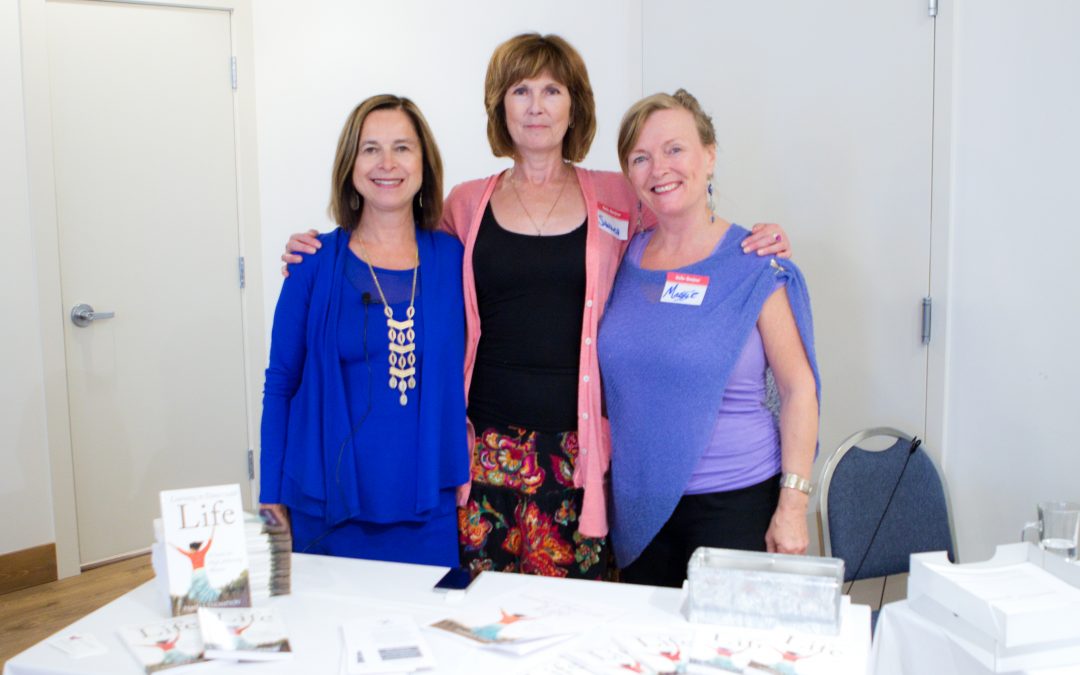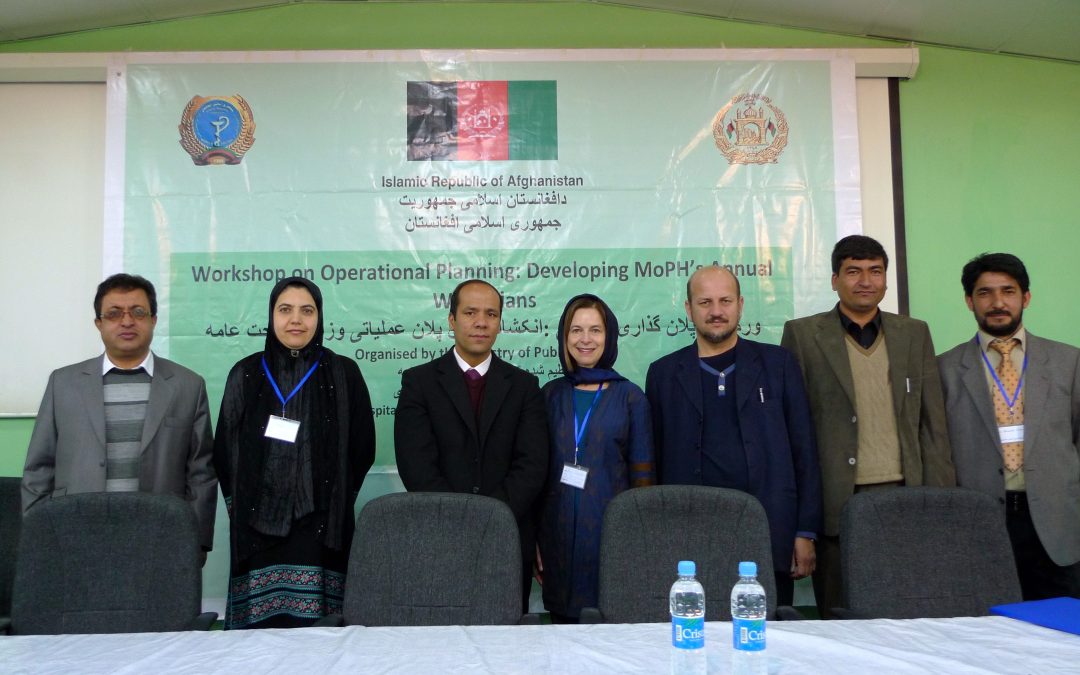
by pam | Jun 21, 2017 | Coping with Change, Creative Living, Health & Wellbeing, Life Transitions
I recently visited the Okanagan for a conference and to reconnect with old friends. It felt so good to spend time in the presence of folks I had gotten to know over the 8 years I had lived near Kelowna. You know how you feel when you haven’t seen or spoken to someone in a while and it seems like only yesterday since you’ve chatted? You pick up easily and effortlessly and feel relaxed, accepted and valued in their presence. Having moved from a place I had lived longer than anywhere since I left home at 18, I realize that I had started to put down roots. Do you relate? Moving to a new city within the past year, I so miss the deep connections I have with old friends.
So what is connection and why is it so important?
Brene Brown defines connection as “… the energy that exists between people when they feel seen, heard and valued; when they can give and receive without judgment; and when they derive sustenance and strength from the relationship.”
A growing body of research shows that our learning, health and wellbeing are profoundly shaped by our social environments and connections with others.
Matthew Lieberman in his book Social: Why Our Brains Are Wired to Connect makes a strong case that the human need to connect with others is as basic as our need for food, shelter and water. Lieberman draws on findings from his own research and others to demonstrate that “being socially connected is our brain’s life long passion; … (and) “he argues that the need to reach out and connect with others is a primary driver behind our behavior.” We are wired to try to understand others and connect with them.
A strong body of research shows that social support, which includes emotional connection with “… a trusted group or valued individual, has been shown to reduce the psychological and physiological consequences of stress, and may enhance immune function. Social networks, whether formal (such as a church or social club) or informal (meeting with friends) provide a sense of belonging, security, and community.”[1]
Rita Pierson, an educator for 40 years, makes the case in a humorous and brilliant TED Talk[2], that a positive relationship and connection between teacher and student is important for learning to occur. It’s not just about “pouring information into children’s heads”.
Knowing these facts about the value and importance of human connection has amazing implications on the way we facilitate learning in schools, collaboration and productivity in workplaces, and a sense of harmony, security and belonging in communities.
Reflecting on your life so far, can you identify educators, peers, bosses and friends who have strongly influenced your life in positive ways? What characteristics did they possess, and what positive impacts did they have on you, your health and wellbeing, learning, and/or sense of security and belonging?
I welcome your shares and comments below. Feel free to share this post with others.
[1] https://www.takingcharge.csh.umn.edu/social-support
[2] https://www.ted.com/talks/rita_pierson_every_kid_needs_a_champion

by pam | Jun 1, 2017 | Benefits of being in nature, Conscious Living, Creative Living, Leadership, LeadinginUncertainTimes
I believe that humanity is essentially good and that we are all interconnected.
I believe that everything happens for a reason.
The Universe provides me with what I need and Great Spirit is guiding me towards fulfillment.
Nature connects me with my soul.
I believe that life is an adventure to be lived to the fullest and
that I am here to help build peace in the world.
(Learning to Dance with Life: A Guide for High Achieving Women, p. 6 –
http://creativelivingcommunity.com/blog/the-book/
What do you believe?
In a previous post (http://creativelivingcommunity.com/leading-in-uncertain-times-the-power-of-perception/), I shared the power of perception and how it affects our ability to lead effectively in uncertain times. In this post, I will share some lessons learned based on my own beliefs and experiences gleaned from leading and managing in a variety of organizations and cultures on 5 continents.
Lessons Learned:
- We are all the same. We all want to be valued, respected, to feel safe, secure and to belong.
When living and working in Afghanistan six years ago, I was sitting in the rose garden of the Ministry of Public Health eating lunch with one of my female Afghan colleagues when there was a powerful explosion. Within seconds of the huge blast, my Muslim colleague was phoning each of her family members to ensure that they were all safe. I think most of us would have done the same. We all value family and care about those close to us. The explosion was from a number of suicide bombers entering the military hospital across the road. The result was the senseless deaths of a number of Afghan patients and their families, and medical students.
I have enjoyed managing and consulting in a number of culturally diverse and uncertain environments, and believe my effectiveness has been largely due to the belief that we are all the same. When you view everyone through the lens of that belief, you are able to connect with them, and work effectively whether or not you speak their language or have the same cultural background or religion. In Afghanistan using participatory processes, I was able to collaboratively develop/co-create the first strategic plan with the Ministry of Public Health, and have it pass through all the policy layers and be signed off by the Minister within 9 months.
I invite you to experiment tomorrow and try throughout your day to view everyone you see through the lens and belief that “we are all the same”, whether it be a homeless person, a colleague you have a tense relationship with, or a family member you have difficulties relating to. Try this and notice what you notice.
- We are all interconnected.
You may have heard that when a butterfly flaps its wings in the Amazon, two years later it can result in a tornado in Kansas. The butterfly effect[1] has demonstrated that a small change in one area can result in powerful future outcomes in another. If you as a leader believe in an organizational culture that focuses on people, understanding and collaboration, you have the power to shape and change the organization based on how you treat and respond to people and challenging situations daily. How you communicate with others has an impact throughout the organization and beyond. We all have heard about the disheartened employee who has gone home and kicked his dog or beaten his wife.
I invite you to “try out” this belief and have it in the forefront of your mind when you interact and communicate with others on a daily basis in your workplace, community, and family. Notice how this affects your interactions, the organizational morale and environment.
- Nature connects me with my soul.
Did you know that when you walk in forests, it reduces your blood pressure, reduces your heart rate and increases the number of natural killer cells your body produces (i.e. strengthens your immune system)? Based on longitudinal research, the Japanese have institutionalized forest bathing or forest therapy. In their highly competitive culture, they encourage and support people to regularly visit centers in forests throughout Japan to forest bathe, and they continue to collect powerful longitudinal data on its valuable effects.
I encourage you to spend time in nature for 30 minutes or more at least 3 times a week. When I spend time in nature I feel relaxed, energized, happy and free. My stress is reduced (if I’m having a particularly stressful day). If as leaders we are committed to spending regular time in nature, do you think it would positively impact our effectiveness?
- Life is an adventure to be lived to the fullest.
Based on this belief, I’ve lead an adventurous and full life so far [and hope to continue doing so J ]. I’ve lived and worked in the mountains of northern Colombia with peasant farmers in the late 80s when Pablo Escobar was “running around” and the Medellin Cartel was in full swing. I’ve lived and worked in Kabul, Afghanistan for 13 months from October 2010 to November 2011 (a volatile and uncertain time), and managed large multi-stakeholder projects in Pakistan and Nigeria where corruption is rampant and violence can erupt at any time. When I don’t have adventure in my life I get restless and feel unfulfilled, and I either seek out adventure or it serendipitously comes my way. Similarly, if contribution and making a positive difference in the world is one of your core values[2] and you work in an organization that is “all about the money”, over time you will likely feel unhappy and unfulfilled. This will affect your personal and your work life.
I encourage you to identify your core beliefs and what is most important to you, and then begin living them everyday.
I welcome your comments and experiences below. What lessons have you learned from leading in uncertain times? Which lessons above do you resonate with? Appreciate you sharing the post with others.
[1] https://en.wikipedia.org/wiki/Butterfly_effect
[2] For more about core values and why they are important: http://creativelivingcommunity.com/do-you-live-in-alignment-with-your-core-values/

